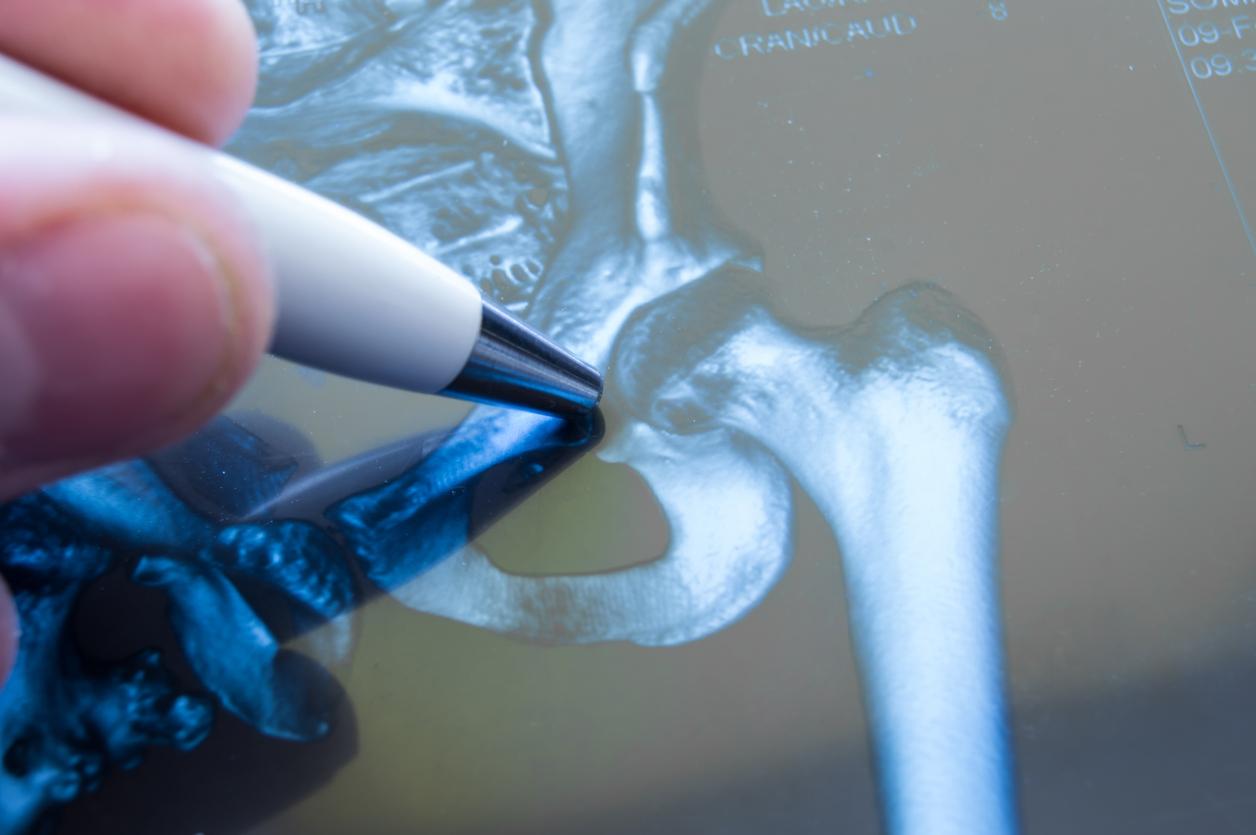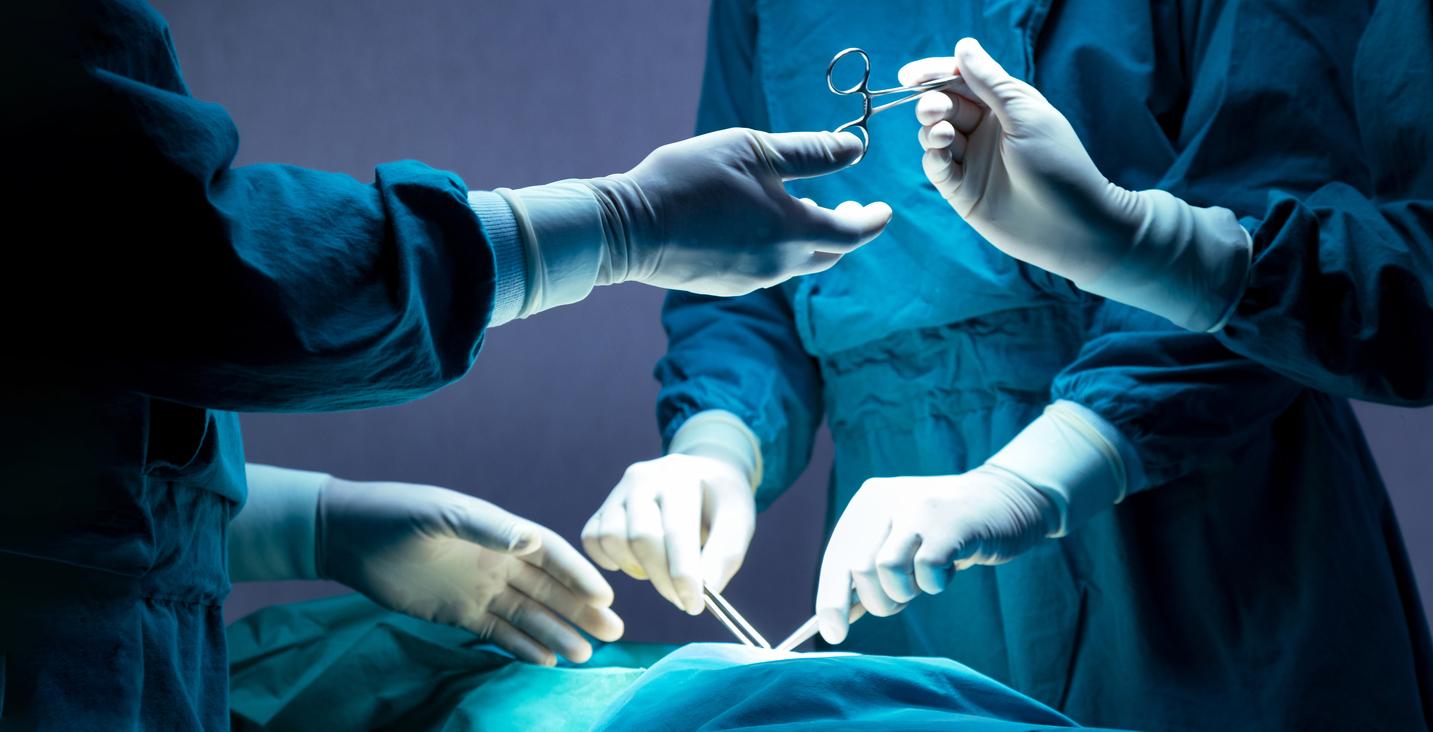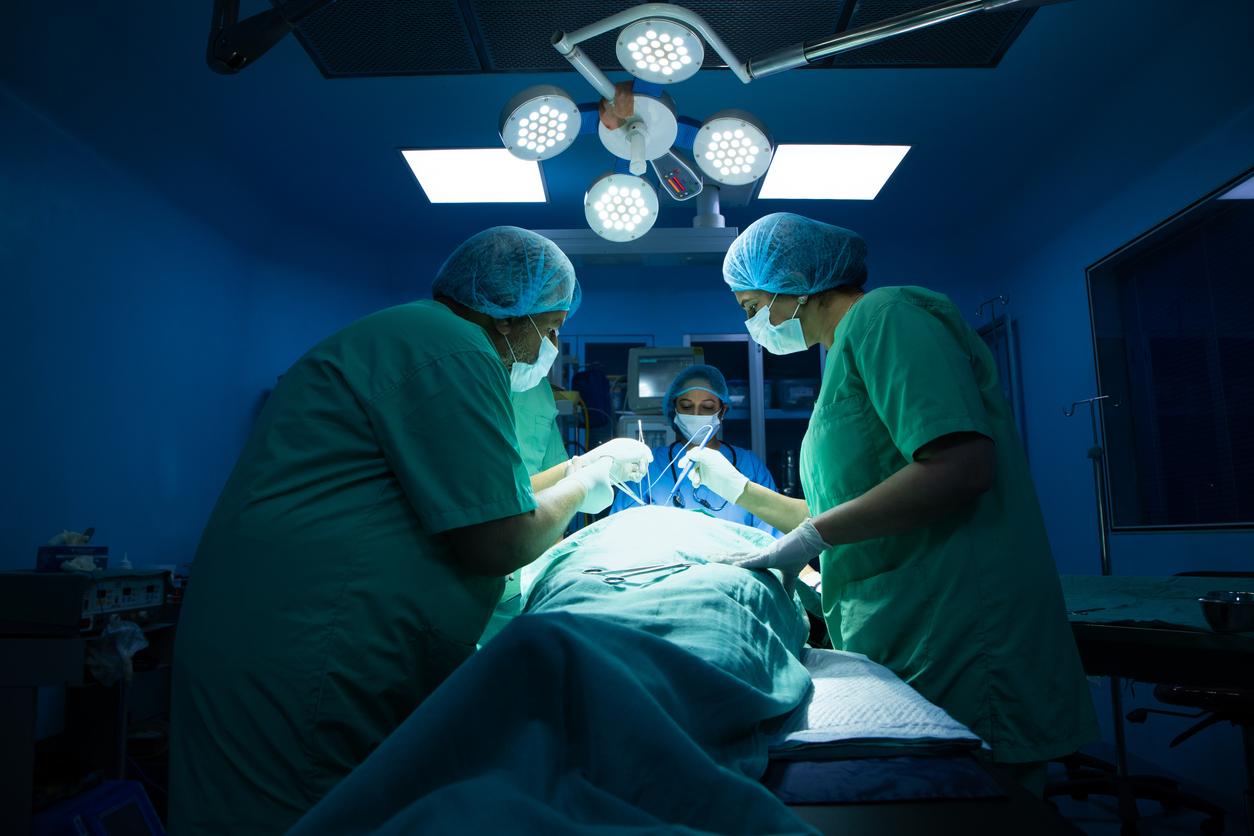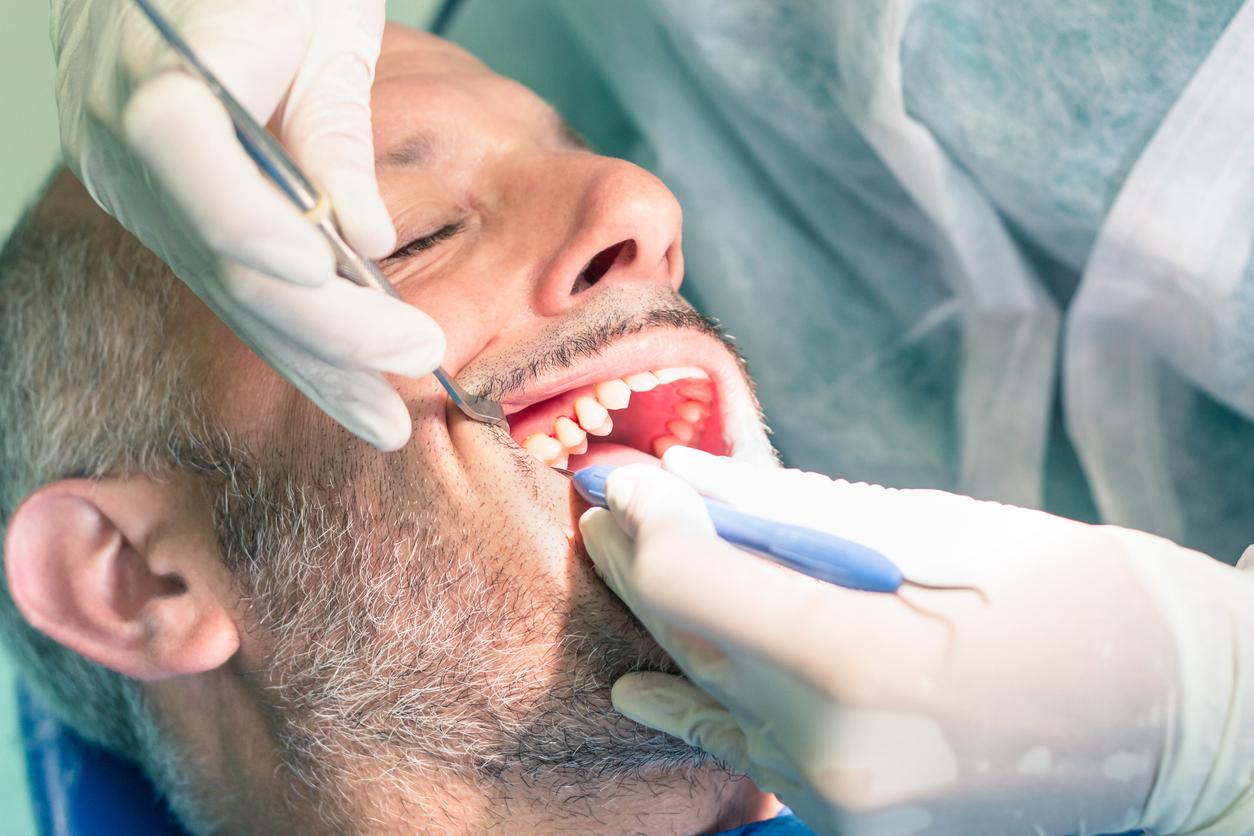The captain of the French XV was injured, more precisely the victim of a broken jaw, during Thursday evening’s match, but he underwent surgery and should return to the field in a few days.
-1695453006.jpg)
- Rugby player Antoine Dupont underwent surgery on Friday evening after suffering a broken jaw.
- Surgical intervention helps prevent more serious disorders of the cervical vertebrae, for example.
- The captain of the XV of France should return to the field within a few days, according to the French Rugby Federation.
According to French Rugby Federation, the captain of the French rugby team should be back in the team within a few days but “in a process of gradual return to sport and under medical supervision“. Friday evening, Antoine Dupont underwent surgery following a fracture to his jaw, called a maxillo-zygomatic fracture, which he suffered during Thursday evening’s match against Namibia.
A common fracture in road accidents
This injury, which is common in road accidents or violent falls, affects the part of the cheekbone bone. This is depressed following the shock and edema forms on the face. In the case of Antoine Dupont, it seems that in addition to the cheekbone, the right side of the face is affected as well as his jaw bones. Typically, this type of fracture heals with time, rest, and immobilization of the area. “The operation is only necessary if the cheekbone bone is displaced”, indicates Marc Steve, referring maxillofacial surgeon at the National Institute of Sport, Expertise and Performance (INSEP), at Huffpost.
Maxillozygomatic fracture: an operation to avoid more serious problems
In addition to the physical aspect, surgical intervention can save the patient from more serious problems. As noted by MSD manual : “Any trauma powerful enough to fracture the maxilla can also cause damage to the cervical vertebrae or brain injury.”
As a reminder, one of the common injuries in rugby is concussion. “A concussion can affect the body’s autonomic nervous system,” explains Robert Davis Moore, professor at the University of South Carolina (United States). According to MSD Manual, it is an alteration in mental function or level of consciousness caused by head trauma which may involve loss of consciousness. Other symptoms are headaches, dizziness, depression, mood disorders, memory and concentration problems. Some patients recover quickly, but for others recovery is slower.

















